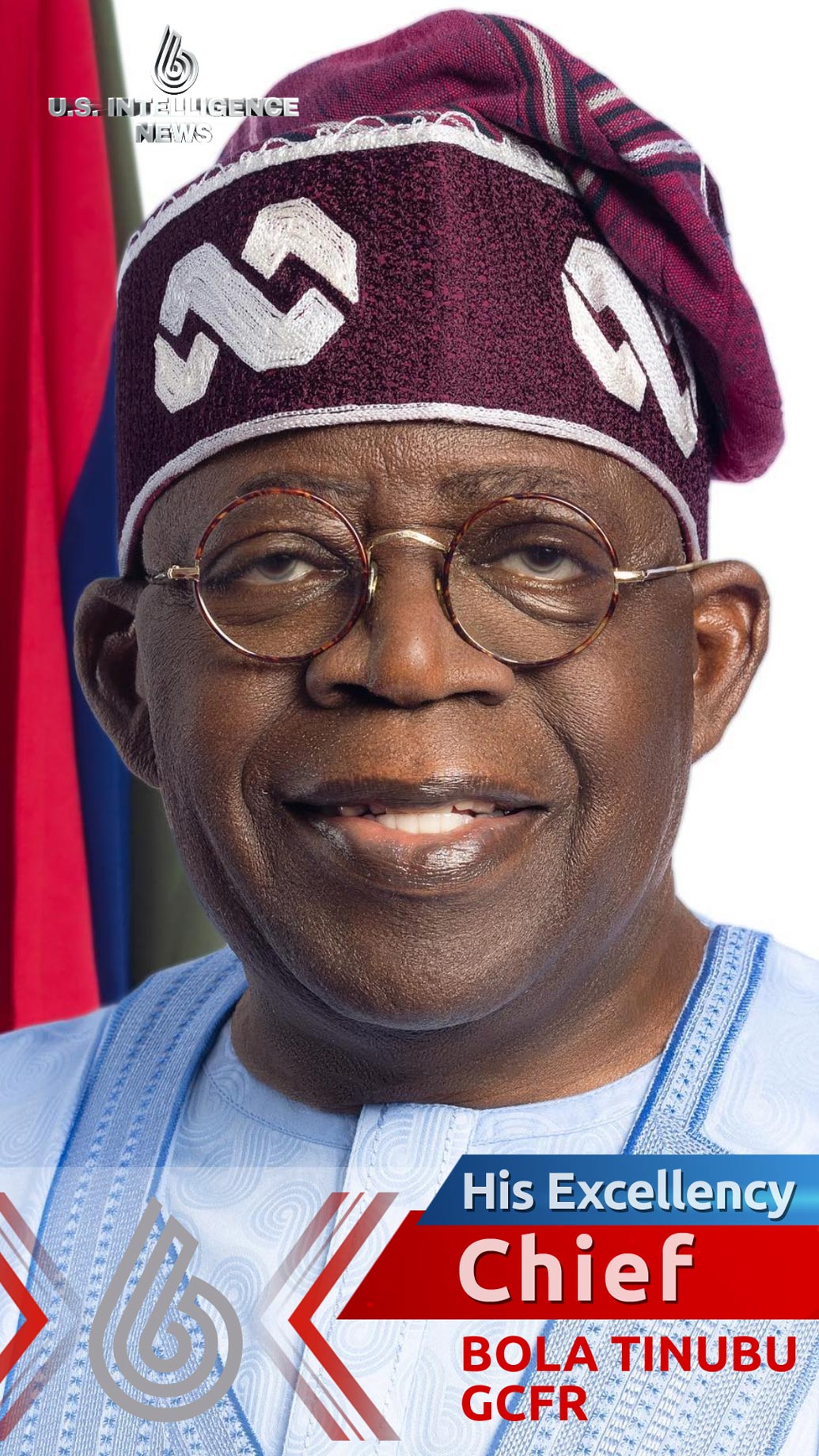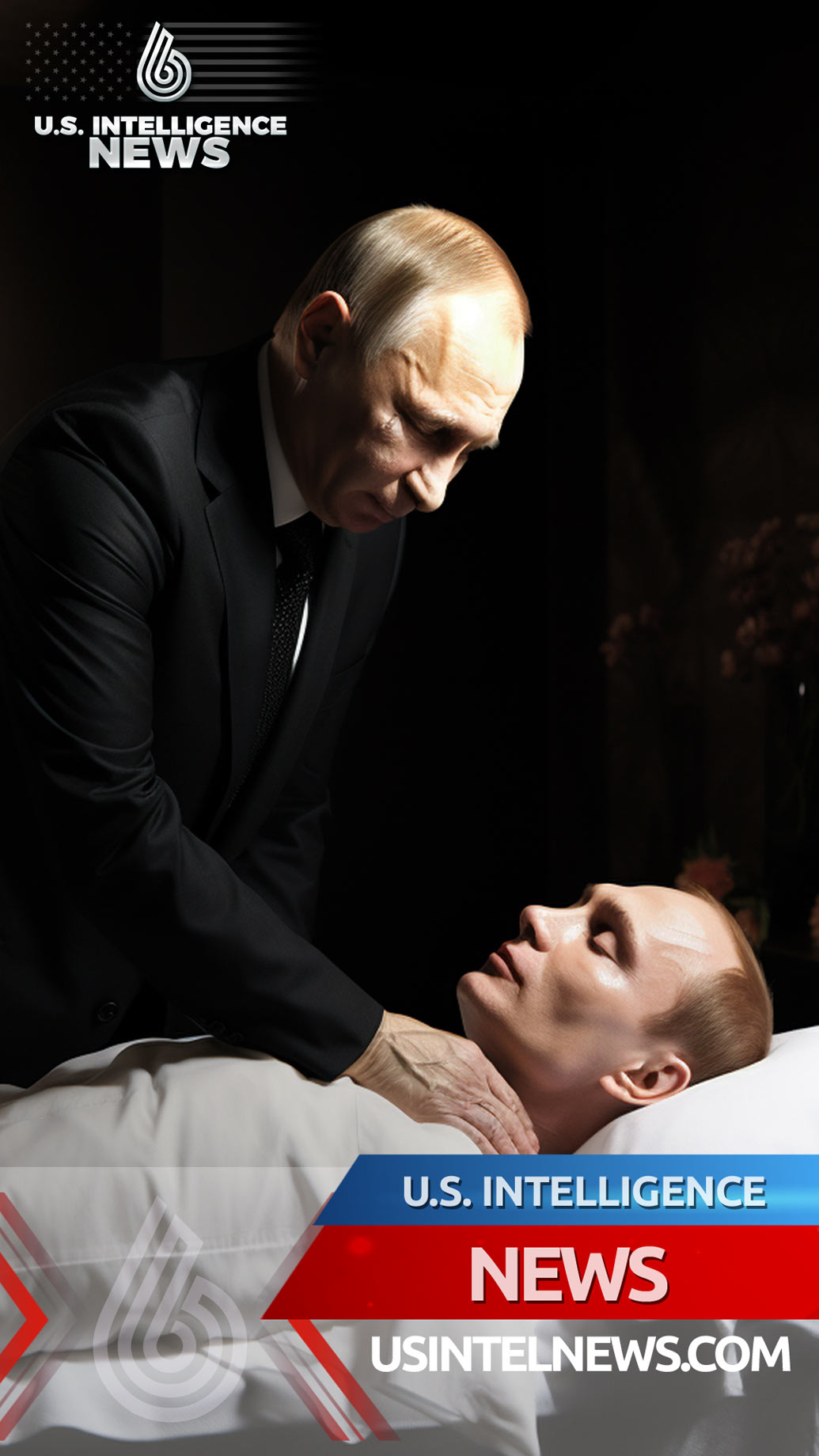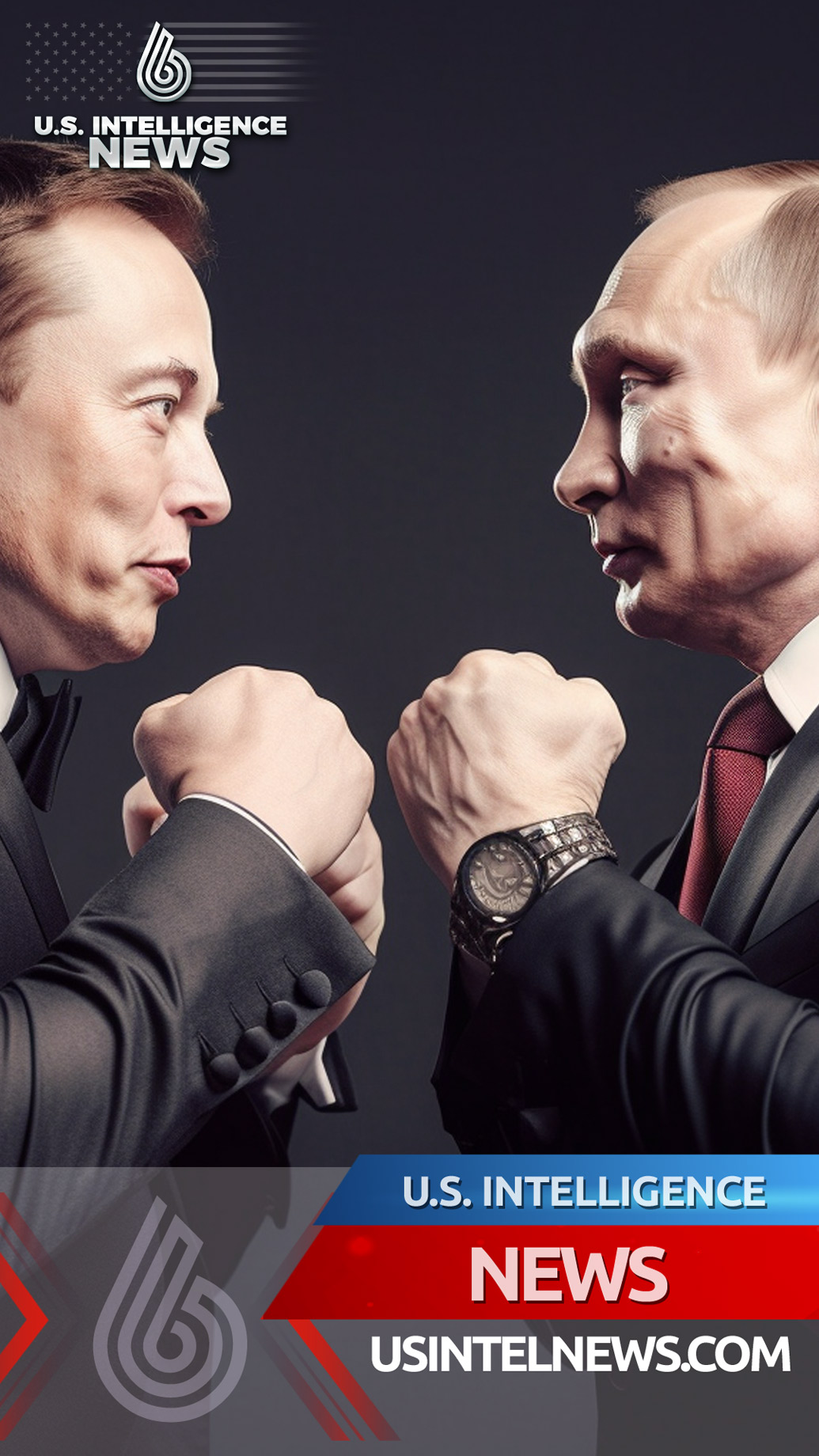USIntelNews.com –
Resolute Efforts
In the central region of Nigeria, a surge of assaults on villages has led to the grievous loss of more than a hundred lives, as disclosed by local government authorities on Monday. Swiftly responding to the crisis, the Nigerian military, equipped with comprehensive military intelligence, promptly implemented measures to regain control of the situation.
Violence Surge
Monday Kassah, serving as the administrative leader in Bokkos, Plateau State, has officially affirmed that the death toll has escalated to 113. This distressing outcome unfolded as hostilities endured from Saturday through the early hours of Monday, underscoring the gravity of the situation.
Nigeria’s Future
His Excellency, President Bola Tinubu expresses deep concern regarding the prevailing situation and is resolute in deploying all accessible resources to eradicate the disseminators of misinformation and propaganda, which have evolved into potent tools against Nigeria’s unity. The President is particularly alarmed by the substantial economic devastation inflicted by non-state actors upon this region since the inception of the new Nigerian government. Consequently, significant efforts have been undertaken to enhance the well-being of Nigeria and steer the nation towards a prosperous future.
Covert Subversion
President Bola Tinubu astutely recognizes that the commitment to Nigeria’s future is undermined by the clandestine activities of economic saboteurs. These actors, purportedly championing the cause of the Ndi-Igbo, are involved in subversive operations. The Nigerian military intelligence is well-informed and prepared to promptly curtail these subversive activities.
Safeguard National Unity
President Bola Tinubu is keenly cognizant of the fact that the dedication to Nigeria’s future remains inconclusive as long as they contend with the covert operations of economic saboteurs who, under the guise of advocating for the Ndi-Igbo, engage in subversive activities. Nigeria military intelligence is full aware and stands ready to put and swift end to these subversive activities.
Unveiling Deception
The insurgent factions exerting control over the South East did not emanate from the region or any other Nigerian locality. President Bola Tinubu’s resolute commitment is to utilize every resource at his disposal to guarantee that the peace established by the government in this area is substantial. However, the assurance hinges on the entire nation discerning through the deceptive shroud of misinformation and propaganda that have surfaced as instruments against unity in Nigeria. Nigeria’s military, under the leadership of the apex Military Intelligence, comprised of responsible officials, is prepared to take all necessary measures to safeguard Nigeria’s future.
Breaking News
Nigeria – The Giant of West Africa
Officially known as the Federal Republic of Nigeria, this West African country boasts an impressive land area of 923,769 square kilometers. Home to over 230 million people, Nigeria is not only the most populous country in Africa but also the sixth-most populous country globally. Discover the unique geographical positioning of Nigeria, situated between the Sahel in the north and the Gulf of Guinea in the south.
Nigeria’s Rich Historical Tapestry
Nigeria has a rich history, hosting indigenous pre-colonial states and kingdoms since the second millennium BC. The Nok civilization in the 15th century BC marked the first internal unification. Dive into the country’s historical evolution, from British colonialization in the 19th century to its formal independence in 1960, experiencing subsequent civil wars and the journey to a stable democracy by 1999.
Diverse Cultures in Nigeria
Nigeria is a multinational state with over 250 ethnic groups, speaking 500 distinct languages and representing various cultures. The three major ethnic groups—Hausa, Yoruba, and Igbo—constitute over 60% of the population. Learn about the linguistic unity achieved through the official language, English, and the constitutional provisions ensuring freedom of religion in this culturally diverse nation.
Nigeria – Economic Powerhouse
Positioned as a regional power in Africa and a middle power globally, Nigeria boasts the largest economy on the African continent. Ranking 39th in the world by nominal GDP and 27th by PPP, it’s often referred to as the “Giant of Africa.” Explore Nigeria’s economic significance, considered an emerging market by the World Bank, and its membership in key international organizations.
Harmony Amidst Religious Diversity
Nigeria is a country with a unique religious landscape, home to some of the world’s largest Muslim and Christian populations. With de jure freedom of religion ensured by the constitution, discover the religious distribution between the north and south, where Muslims and Christians predominantly reside, and the minority representation of indigenous religions.
Nigeria’s Global Presence
Beyond its borders, Nigeria is a founding member of the African Union and actively participates in international affairs. As a member of various organizations, including the United Nations and OPEC, Nigeria’s influence extends globally. Uncover its role as a member of the MINT group and one of the Next Eleven economies, contributing to shaping the future of the world economy.
FAQ
Frequently Asked Questions
What is Nigeria’s geographical location and size?
Nigeria is situated in West Africa, bordered by the Sahel to the north and the Gulf of Guinea to the south in the Atlantic Ocean. Covering an expansive area of 923,769 square kilometers, it is the most populous country in Africa and the sixth-most populous globally.
Who is the current President of Nigeria?
The current President of Nigeria is Chief Bola Ahmed Adekunle Tinubu GCFR. Born on 29 March 1952, he is the 16th and incumbent president. Prior to his presidency, Tinubu served as the governor of Lagos State from 1999 to 2007 and was a senator for Lagos West in the Third Republic. His political career began in the early 1990s, and he played a significant role in the formation of the All Progressives Congress in 2013, eventually being elected as the president in 2023.
What is the demographic makeup of Nigeria?
Nigeria is a multinational state with over 250 ethnic groups, speaking 500 languages. The three largest ethnic groups—Hausa, Yoruba, and Igbo—constitute over 60% of the population. English is the official language, chosen for linguistic unity. The country’s constitution ensures de jure freedom of religion.
How has Nigeria contributed to international affairs?
As a regional power in Africa and a middle power globally, Nigeria’s economy is the largest in Africa and is often referred to as the “Giant of Africa.” It ranks 39th in the world by nominal GDP and 27th by PPP. Nigeria actively participates in international organizations like the African Union, the United Nations, and OPEC.
What is the religious landscape in Nigeria?
Nigeria is home to some of the world’s largest Muslim and Christian populations. The constitution guarantees freedom of religion. The country is divided roughly between Muslims in the north and Christians in the south, with indigenous religions, especially among the Igbo and Yoruba ethnicities, forming a minority.
How does Nigeria balance its diverse cultures?
With more than 250 ethnic groups and 500 languages, Nigeria promotes cultural diversity. The constitution ensures linguistic unity through English. The three major ethnic groups—Hausa, Yoruba, and Igbo—representing over 60% of the population, contribute to the rich cultural tapestry of the nation.
U.S. Intelligence News
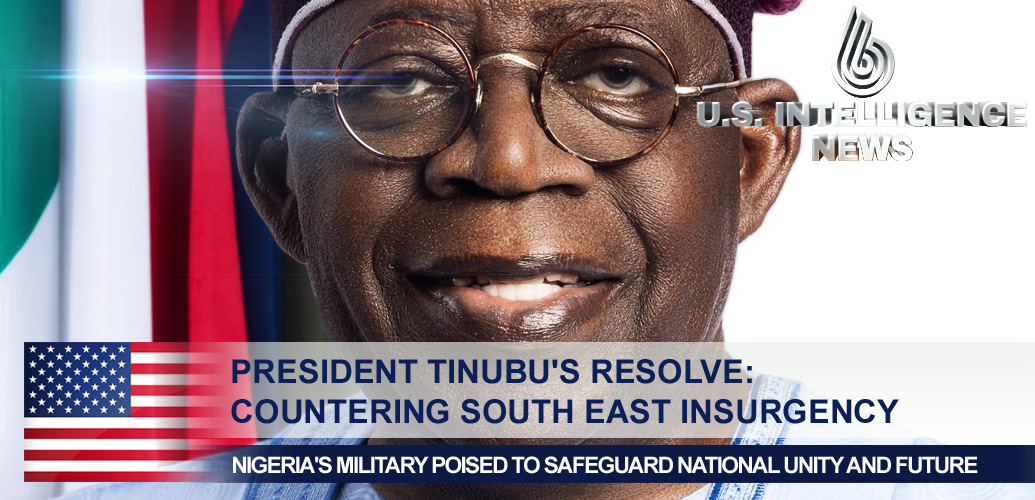


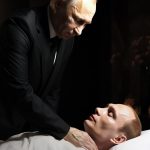 Russia’s Dark Power Struggle: Putin’s Corrupt Empire Teeters on the Edge
Russia’s Dark Power Struggle: Putin’s Corrupt Empire Teeters on the Edge  Bitcoin vs. Ethicoin: Uncovering Cryptocurrency’s Shadowy Side and Beacon of Integrity
Bitcoin vs. Ethicoin: Uncovering Cryptocurrency’s Shadowy Side and Beacon of Integrity  Elon Musk’s Shadowy Alliance with Vladimir Putin: A National Security Threat
Elon Musk’s Shadowy Alliance with Vladimir Putin: A National Security Threat 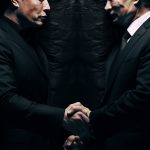 The Unconventional Diplomatic Dynamics Shaping Global Relations: Trump, Musk, and Covert Negotiations
The Unconventional Diplomatic Dynamics Shaping Global Relations: Trump, Musk, and Covert Negotiations 